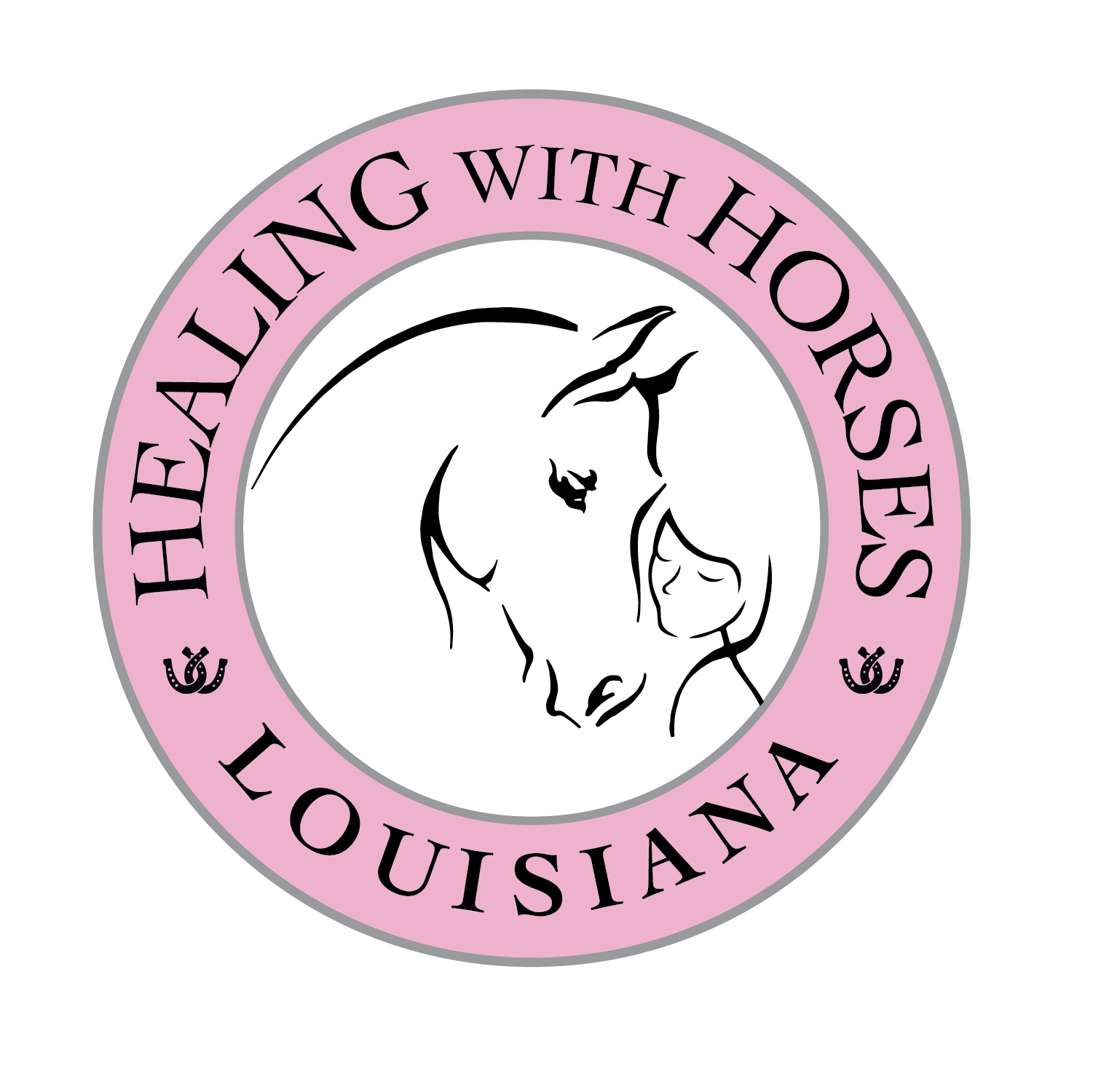Female Horses: A Comprehensive Guide To Understanding Their Role And Importance
Beyond their physical beauty, mares exhibit distinct behavioral patterns that set them apart from their male counterparts. Their ability to nurture and care for their young is unmatched, making them indispensable in the lifecycle of horse populations. This article delves into the fascinating world of female horses, exploring their characteristics, contributions, and care requirements.
Female horses have been celebrated throughout history for their grace, strength, and intelligence. They are not only vital for breeding but also excel in various disciplines such as dressage, show jumping, and trail riding. Mares often possess a calm and steady demeanor, which makes them ideal companions for riders of all levels. In this guide, we will uncover the unique traits of female horses, answer common questions about their care, and provide insights into their role in modern equestrian culture. Whether you're curious about their anatomy, behavior, or training, this article is your ultimate resource.
As we explore the world of female horses, we'll also address some frequently asked questions and provide practical advice for those who own or work with mares. From understanding their reproductive cycles to learning how to bond with them, this article aims to equip you with the knowledge you need to appreciate and care for these incredible animals. By the end of this guide, you'll have a deeper understanding of why female horses are so revered and how they continue to shape the equestrian world.
Read also:Exploring The Legacy Of James Caan And Scott Caan A Fatherson Journey In Hollywood
Table of Contents
- What Makes Female Horses Unique?
- How Do Female Horses Contribute to the Equine World?
- What Are the Key Traits of Female Horses?
- How to Care for Female Horses?
- What Are the Common Misconceptions About Female Horses?
- Female Horses in History and Culture
- How Do Female Horses Impact Equestrian Sports?
- What Should You Know About the Reproductive Cycle of Female Horses?
- Female Horses and Their Role in Breeding
- How to Build a Strong Bond with Your Female Horse?
What Makes Female Horses Unique?
Female horses, or mares, possess distinct characteristics that make them stand out in the equine world. Unlike stallions, mares are often calmer and more predictable, which makes them excellent companions for riders and handlers. Their maternal instincts are particularly strong, and they are known to form deep bonds with their foals. These traits not only make them ideal for breeding but also for various equestrian disciplines.
Another unique aspect of female horses is their seasonal reproductive cycle. Mares typically go into heat during the spring and summer months, which aligns with the natural breeding season. This cycle is regulated by daylight and hormonal changes, making it essential for breeders to understand and manage. Their ability to carry and nurture foals is a testament to their resilience and strength.
How Do Female Horses Contribute to the Equine World?
Female horses are the foundation of breeding programs worldwide. Without mares, the continuation of horse populations would be impossible. They are responsible for producing the next generation of horses, ensuring the survival and evolution of various breeds. Beyond breeding, mares also excel in competitive sports and recreational riding, showcasing their versatility and adaptability.
What Are the Key Traits of Female Horses?
Female horses are known for their intelligence, sensitivity, and emotional depth. These traits make them highly responsive to training and capable of forming strong bonds with their human handlers. Mares are often more intuitive than geldings or stallions, which allows them to excel in disciplines that require precision and focus.
- Strong maternal instincts
- Seasonal reproductive cycles
- Highly trainable and responsive
- Emotionally intelligent and intuitive
How to Care for Female Horses?
Proper care is essential to ensure the health and well-being of female horses. Their unique needs, especially during breeding and pregnancy, require special attention. Providing a balanced diet, regular exercise, and routine veterinary care are crucial for maintaining their physical and mental health.
During the breeding season, mares require additional nutrients to support their reproductive system. Supplements such as folic acid and omega-3 fatty acids can be beneficial. It's also important to monitor their behavior and health closely, as hormonal changes can affect their mood and performance.
Read also:Exploring The Bold And Unforgettable Iconic Lady Gaga Outfits
What Are the Common Misconceptions About Female Horses?
One common misconception is that female horses are more difficult to handle than geldings or stallions. While mares can be moody during certain phases of their cycle, they are generally calm and reliable. Another misconception is that mares are less athletic than their male counterparts, which is far from the truth. Many top-performing horses in competitive sports are mares.
Female Horses in History and Culture
Throughout history, female horses have been revered for their strength and grace. In many cultures, they symbolize fertility, power, and loyalty. Ancient civilizations often depicted mares in art and literature, highlighting their importance in society. Even today, female horses continue to inspire and captivate people around the world.
How Do Female Horses Impact Equestrian Sports?
Female horses have made significant contributions to equestrian sports, excelling in disciplines such as dressage, show jumping, and endurance riding. Their agility, focus, and willingness to work make them ideal partners for riders. Many famous mares have achieved remarkable success in competitions, proving that gender is no barrier to excellence.
What Should You Know About the Reproductive Cycle of Female Horses?
Understanding the reproductive cycle of female horses is essential for breeders and owners. Mares typically go into heat every 21 days during the breeding season, which lasts from spring to early fall. During this time, they are receptive to stallions and capable of conceiving. Proper management of their reproductive health is crucial for successful breeding programs.
Female Horses and Their Role in Breeding
Female horses are the cornerstone of breeding programs, responsible for producing healthy and genetically diverse offspring. Selective breeding has led to the development of various horse breeds, each with unique characteristics and abilities. Mares play a vital role in preserving the genetic heritage of these breeds and ensuring their continued evolution.
How to Build a Strong Bond with Your Female Horse?
Building a strong bond with your female horse requires patience, trust, and consistency. Spend time grooming, feeding, and interacting with your mare to establish a connection. Positive reinforcement and gentle handling can help strengthen your relationship and make her more responsive to training.
In conclusion, female horses are remarkable animals that deserve our admiration and respect. Their contributions to the equine world are immeasurable, and their unique traits make them invaluable companions. Whether you're a breeder, rider, or simply a horse enthusiast, understanding and appreciating the role of female horses can enhance your experience in the equestrian world. By providing proper care and building a strong bond, you can ensure that your mare thrives and continues to inspire those around her.
Discover The Best Of Balance Vanilla Gift: Your Ultimate Guide To Balancevanillagift Com Website
Vinallagift.com: Your Ultimate Destination For Unique And Thoughtful Gifts
How To Easily Calculate Half Of 1 1/3 Cup For Your Recipes

Our Therapy Horses Healing with Horses Louisiana

Eyton Sport Horses